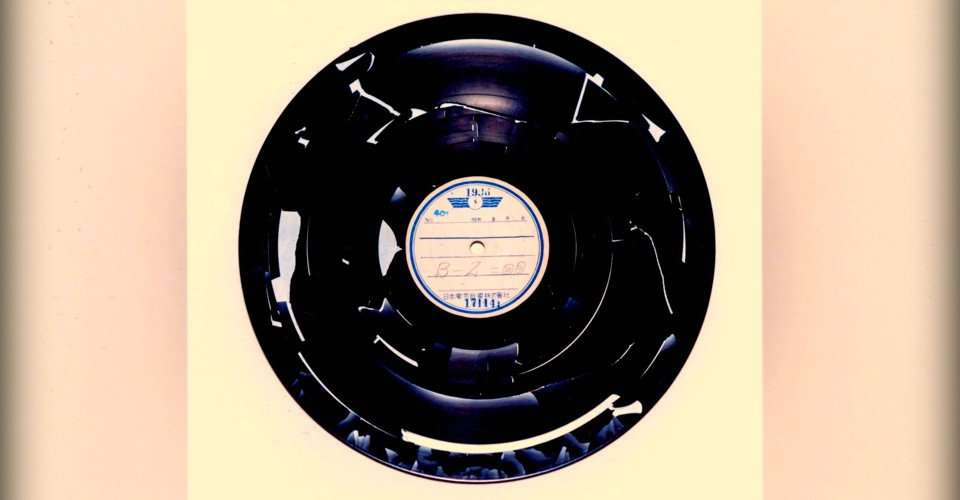Shortly before midnight, Hirohito, a weary, sad-eyed man, walked into the hot, humid air-raid shelter 60 feet below the Imperial Library where his 11-member cabinet was gathered. He sat in a straight-backed chair and wore a field marshal’s uniform, ill-fitting because tailors were not allowed to touch this man revered as a god. The gathering itself was an extraordinary event known as a gozen kaigin—“a meeting in the imperial presence.” Hirohito had been emperor since 1926 and, as commander in chief of the Japanese armed forces, had often been photographed in his uniform astride his white horse during the war. But U.S. propaganda portrayed him as a figurehead and blamed the generals for prolonging the war.
Hirohito patiently listened as each cabinet member presented his argument. At 2 a.m. on Friday, August 10, Prime Minister Kantaro Suzuki did something that no prime minister had ever done: He asked Hirohito for an imperial command—known as the Voice of the Crane since the sacred bird could be heard even when it flew unseen.
Speaking softly, Hirohito said he did not believe that his nation could continue to fight a war. There is no transcript of his address, but historians have pieced together accounts of his rambling words. He concluded: “The time has come when we must bear the unbearable. ... I swallow my own tears and give my sanction to the proposal to accept the Allied proclamation.”
On August 10, the Japanese Foreign Ministry transmitted a response to the Allies, offering to accept the terms of the Potsdam declaration with the understanding that those terms did not “comprise any demand which prejudices the prerogatives of His Majesty as a Sovereign Ruler.” By August 11, Japan had received the Allied reply, including the U.S. insistence that “the authority of the Emperor and the Japanese Government to rule the state shall be subject to the Supreme Commander of the Allied powers who will take such steps as he deems proper to effectuate the surrender terms.”
In America, most people believed that peace had come. “Japan Offers to Surrender,” bannered The New York Times; another Times story was headlined “GI’s in Pacific Go Wild With Joy ‘Let ‘Em Keep Emperor’ They Say.” In Japan, however, the war went on. The Japanese offer of surrender, and the Allied reply, were known only to high government officials. Morning newspapers in Japan on August 11 carried a statement in the name of General Anami and addressed to the army: “The only thing for us to do is fight doggedly to the end ... though it may mean chewing grass, eating dirt, and sleeping in the field.”
But on the morning of August 14, another blizzard of leaflets swirled over Tokyo and other cities, and this time they contained news of the messages exchanged between Japan and the Allies. Marquis Koichi Kido, Hirohito’s closest advisor, later recorded in his diary that seeing one “caused me to be stricken with consternation” over the possibility that some leaflets could “fall into the hands of the troops and enrage them,” making a military coup d’état “inevitable.”

gets_that_reference_ on December 5th, 2018 at 19:53 UTC »
Ah, so instead of being laid off, I can say "the job situation has developed not necessarily to my advantage."
Tadanga2 on December 5th, 2018 at 18:30 UTC »
Pertinent addition : the Emperor spoke an ancient version of Japanese that the common folk were not familiar with. Immediately following the broadcast local government employees explained what was just said to the attendance.
jairomantill on December 5th, 2018 at 18:12 UTC »
An indefinite tactical withdrawal.